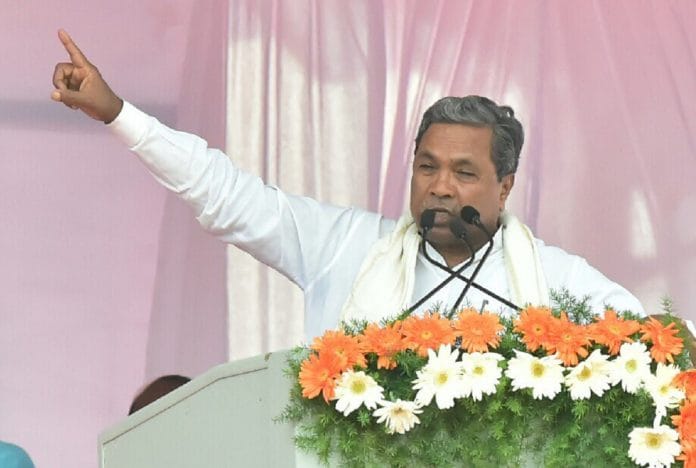The finality of the Cauveri verdict means more than just the numbers. The Supreme Court has ruled that ownership of river vests with no state.
The Cauvery water dispute is rooted in decades of political incapacity on the part of generations of politicians of four states to hammer out an amicable and sustainable solution to sharing of river water. This dispute has existed for several decades (even pre-Independence) and it is only now thanks to the Tribunal and Supreme Court that a real solution has been found and has become law and binding on all states.
This dispute is important because the Cauvery serves as a source of water for agricultural economies of Tamil Nadu and Karnataka. It also serves as the primary source of drinking water to the rapidly growing city of Bengaluru.
Based on the early reading, the judgment of the SC seems to be fair to Karnataka despite the inept handling of the case by the Siddaramaiah govt in the early stages — which was reversed because of severe criticism from people, including me. Arguably if the early legal strategy had been planned better, it is possible that Karnataka could have got an increased award because we depend far more on Cauvery for agricultural needs than Tamil Nadu.
The summary of what the Supreme Court said is simple: Tamil Nadu’s entitlement will be a total of 404.25, meaning an additional release of 177.25 TMC — a reduction of 14.75 TMC, which will be earmarked for Bengaluru’s drinking water needs. The Tribunal awards of 30 TMC and 7 TMC for Kerala and Puducherry remain unchanged. Of course, it is the Cauvery tribunal that did most of the hard work over years and its work must be acknowledged.
The finality of this adjudication of the water sharing dispute means more than just these numbers. The Supreme Court has ruled that ownership of river vests with no state and as such water sharing will have to be managed by an independent Cauvery water management board.
This also means that the days of politics around water sharing is near over. This water dispute has been used by a number of politicians to build careers by fanning the fear and insecurity among farmers. Many violent protests have created political careers, which will now need other causes to attach themselves to. Many average but politically connected lawyers have made money through the years this dispute navigated its way through courts, tribunals and Supreme Courts. The professional water management by an independent board will ensure that there will no more of this type of politics.
But 4.75 TMC has been allotted to Bengaluru’s water needs. It’s far from enough for a city that’s rapidly growing at the current rate of consumption of water. That along with the crisis of diminishing water resources in Bengaluru makes water security the most important crisis facing the city and its people, especially its poor. Lack of clean water impacts the poor first and creates connected health and wellness crisis.
This judgment must mark a real pivot — a change in how people of Karnataka and Bengaluru look at the issue of water security, especially when the city’s traditional water sources — its lakes and groundwater are being callously destroyed by an apathetic government machinery. I hope now a realisation grows that water is now an even more finite resource and that a new culture of management and conservation of water will emerge focusing on rebuilding and recharging our lakes and groundwater in Namma Bengaluru.
Rajeev Chandrasekhar is Rajya Sabha MP and founder of Namma Bengaluru Foundation.







Hehehe. Bjp Karnataka claims that credit goes to all govts , past and present. Wanted Fali Nariman to be changed. Rajeev is true and loyal to his political Masters. Learn to give credit where it is due. Another crony in service of the jhumla master
Thank God we have the Supreme Court. Even those disappointed by its award – we have seen incidents of violence and arson over this issue recently in Karnataka – do not question its impartiality. No matter how emotive an issue is – think Ayodhya – it should not fall always to the apex court to take the responsibility and opprobrium for a tough decision. That is what the political class is meant for. To balance, reconcile, harmonise the conflicting claims of different sections of society. Not an easy task at the best of times in a still poor country, it becomes impossible when politics assumes a divisive, take no prisoners style.